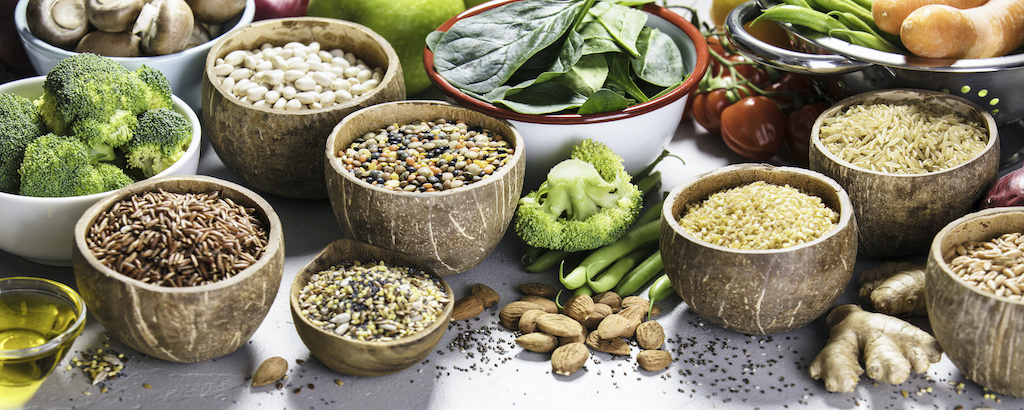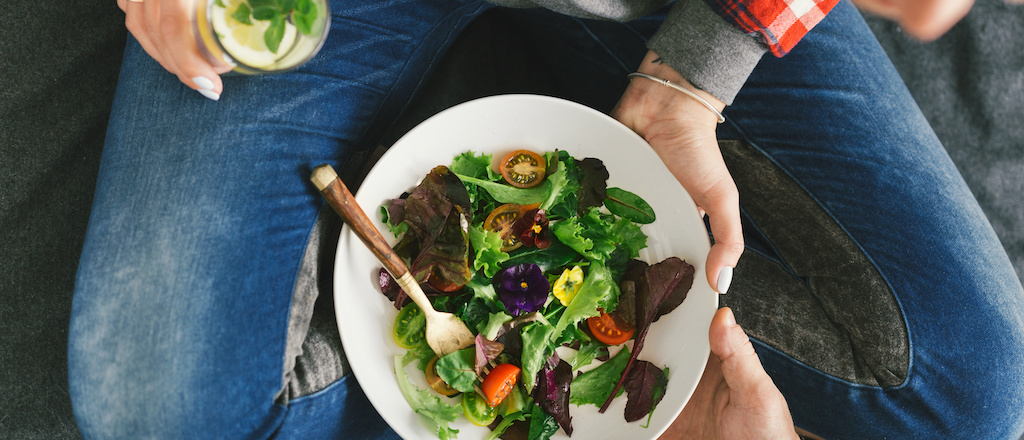What is the procedure for starting a diet to rebalance your food intake? With basic rules for adjusting your diet easily and safely, that will help you to reach or persevere with your goals, you will quickly find yourself adopting a healthier and more nutritious diet that is sustainable.
Why start rebalancing your food?

Having a balanced diet means providing all the nutrients the body needs every day, without overloading the digestive system with products that are too fatty, too salty or too sweet. With the limited time available for meal preparation today, it can lead to the purchase of processed and industrialised dishes or even junk food. Consequently, it is common to lose sight of any positive resolutions you may have had and no longer retain control over your food intake. In the long run, an unbalanced diet can lead to weight gain and other health problems.
According to official government figures, in Britain, 64.3% of the adult population is overweight or obese. Indeed, among men and women, 28.7% of the population is currently classed as obese. When rebalancing for a more nutritious diet, it is important to choose each food carefully and prepare your meals in such a way as to gradually integrate more and more healthy ingredients. This approach makes it possible to regain the pleasure of eating and it can be carried out within family settings, in parallel with regular sports practice.
5 rules for successfully rebalancing your food intake

Some basic rules should be known to start rebalancing your diet in the best manner possible:
- Vary your meals to integrate as many different ingredients as possible, each with specific benefits that contribute to good health: Dairy products, meat, fish and seafood, vegetables, fruits, cereals, starches, legumes, seeds, herbs and so on.
- Ban industrialised food as much as possible by favouring fresh foods and choosing the least packaged products because these are the least likely to have been processed.
- Do not skip any meals, especially breakfast, which is essential after the overnight fast to avoid snacking and hypoglycemia, something that can lead to a greater storage of fat by the body.
- Increase the proportion of fibre content in meals and reduce the consumption of stimulants, alcoholic drinks and saturated fats as much as possible in order to facilitate better digestion and to stay healthy.
- Drink water in quantities of at least 1.5 litres per day. Furthermore, listen to your bodily sensations, especially your thirst and how full you feel, by reducing your daily portions where appropriate (do not force yourself to finish a plate if you have served yourself too much, for example).
Our advice to stay motivated and reach your goal

Successful dietary rebalancing requires the right approach. These few tips can help you to adopt a more balanced diet over the long term by staying positive and motivated:
- Organise yourself well so that you can keep control of your diet: Keep a record in a notebook where you will note down your progress and your menu ideas, add shopping lists and try out batch cooking so you can still eat homemade dishes throughout the week while limiting the preparation time involved. It will also help to keep track of your weight and any improvements in your health you notice.
- Surround yourself with support: Share your project with your loved ones, your family in the first place, but also possibly with friends or colleagues with whom you share your meals, so that they will assist you and might even accompany you in your endeavour.
- Allow yourself to deviate: The pleasure of eating must remain present for you to stick with the diet. A small square of chocolate and a glass of alcohol from time to time should not make you feel guilty, especially on a special occasion such as during the festive season. The main thing is that you stay the course every day!
- Set realistic goals. Here, once more, rebalancing your diet does not have to be synonymous with perfection. Each week will bring you closer to your final goal: Make progress in stages, step by step, by gradually reducing the foods you want to ban from your meals.
- Do not hesitate to get help if you feel the need. By equipping yourself with a monitoring app or by asking for advice from a nutritionist, you will ensure that you make the right choices, do not take any undue risks and proceed little by little with a more balanced diet in a calm manner
Sources : - https://www.ameli.fr/assure/sante/themes/surpoids-adulte/definition-causes-risques
- https://commonslibrary.parliament.uk/research-briefings/sn03336/
Check out our Health & Fitness page for more advice.
